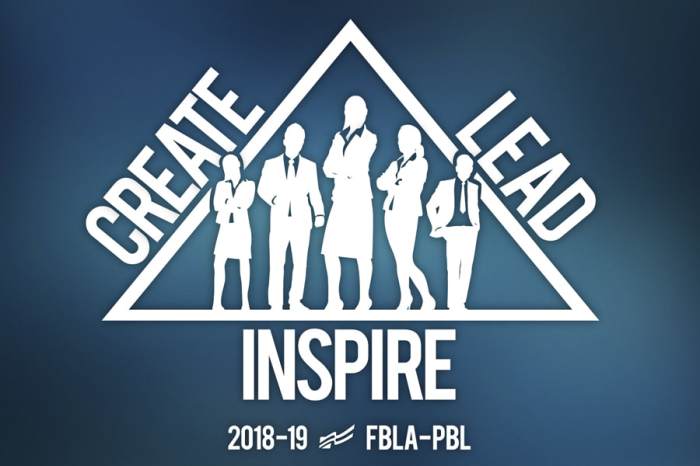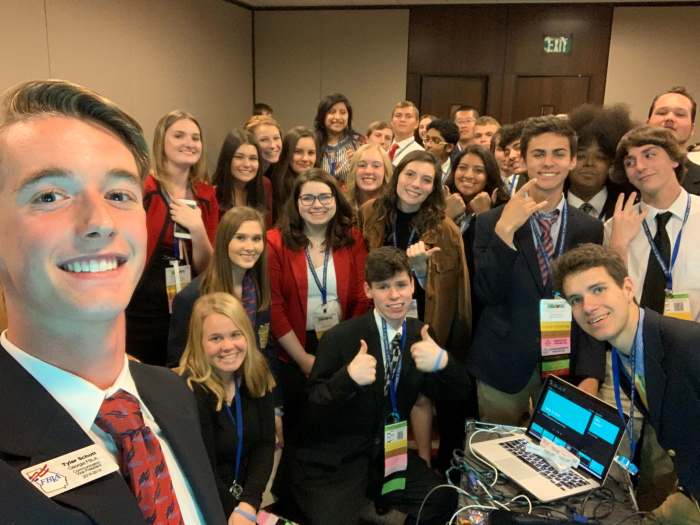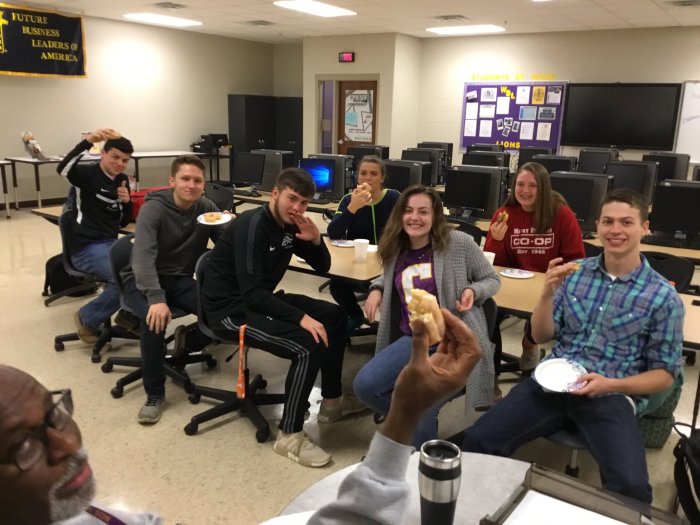Welcome to the FBLA Introduction to Event Planning Practice Test, a comprehensive resource designed to equip you with the knowledge and skills necessary to excel in the field of event planning. This test will provide you with an in-depth understanding of the fundamentals of event planning, from defining the role of an event planner to navigating the complexities of event logistics and operations.
As you embark on this practice test, you will delve into the intricacies of event planning, exploring the different types of events, the factors to consider when planning an event, and the importance of target audience analysis. You will also gain insights into the event planning process, including the steps involved, the importance of timelines and budgets, and the effective use of technology.
Event Planning Fundamentals

Event planning is the process of organizing and executing events, from small gatherings to large-scale conferences and festivals. It involves a wide range of tasks, from venue selection and vendor management to marketing and promotion.
Key elements of event planning include:
- Event concept and objectives
- Budget
- Timeline
- Target audience
- Venue
- Vendors and contractors
Event planners play a crucial role in ensuring that events are successful and achieve their intended goals. They work closely with clients to understand their needs and develop a plan that meets their specific requirements.
Event Types and Considerations

There are many different types of events, each with its own unique set of considerations. Some of the most common types of events include:
- Conferences
- Trade shows
- Festivals
- Weddings
- Corporate events
When planning an event, it is important to consider the following factors:
- Target audience
- Budget
- Timeline
- Venue
- Marketing and promotion
Target audience analysis is particularly important, as it helps event planners to understand the needs and expectations of their attendees. This information can then be used to develop a plan that will appeal to the target audience and ensure that they have a positive experience.
Event Planning Process: Fbla Introduction To Event Planning Practice Test

The event planning process typically involves the following steps:
- Define the event concept and objectives
- Set a budget
- Develop a timeline
- Identify the target audience
- Select a venue
- Book vendors and contractors
- Develop a marketing and promotion plan
- Execute the event
- Evaluate the event
Timelines and budgets are essential for keeping event planning on track. Timelines help to ensure that all tasks are completed on time, while budgets help to keep spending under control.
Technology can also play a valuable role in event planning. Event management software can help to streamline tasks such as registration, scheduling, and vendor management.
Event Marketing and Promotion
Event marketing and promotion is essential for attracting attendees to an event. There are a variety of different channels that can be used to promote an event, including:
- Social media
- Email marketing
- Paid advertising
- Public relations
Social media is a powerful tool for event promotion, as it allows event planners to reach a large audience quickly and easily. Email marketing is also an effective way to promote an event, as it allows event planners to send targeted messages to potential attendees.
Paid advertising can also be an effective way to promote an event, but it is important to use it strategically. Public relations can also be a valuable tool for event promotion, as it can help to generate positive media coverage for an event.
Event Logistics and Operations
Event logistics and operations involve the planning and execution of the physical aspects of an event. This includes tasks such as:
- Venue selection and management
- Event setup and execution
- Vendor and contractor management
Venue selection is one of the most important decisions that event planners make. The venue should be the right size and have the right amenities for the event. It should also be located in a convenient location for attendees.
Event setup and execution involves a variety of tasks, such as setting up tables and chairs, decorating the venue, and providing food and beverages. It is important to have a detailed plan for event setup and execution to ensure that everything runs smoothly.
Vendor and contractor management is also an important part of event logistics and operations. Vendors and contractors can provide a variety of services, such as catering, entertainment, and security. It is important to work closely with vendors and contractors to ensure that they provide the services that you need and that they are reliable and professional.
Event Evaluation and Follow-Up

Event evaluation is essential for measuring the success of an event and identifying areas for improvement. There are a variety of different methods for collecting feedback from attendees, such as surveys, interviews, and social media monitoring.
Post-event follow-up is also important for building relationships with attendees and generating repeat business. This can be done through a variety of methods, such as sending thank-you notes, providing access to event materials, and offering discounts on future events.
Popular Questions
What is the purpose of this practice test?
This practice test is designed to assess your knowledge and skills in event planning, helping you prepare for the FBLA competition and your future career in the field.
What topics are covered in this practice test?
This practice test covers a wide range of event planning topics, including event planning fundamentals, event types and considerations, the event planning process, event marketing and promotion, event logistics and operations, and event evaluation and follow-up.
How can I use this practice test effectively?
To use this practice test effectively, take your time, read each question carefully, and select the best answer from the options provided. Review your answers thoroughly and identify areas where you may need additional study or practice.